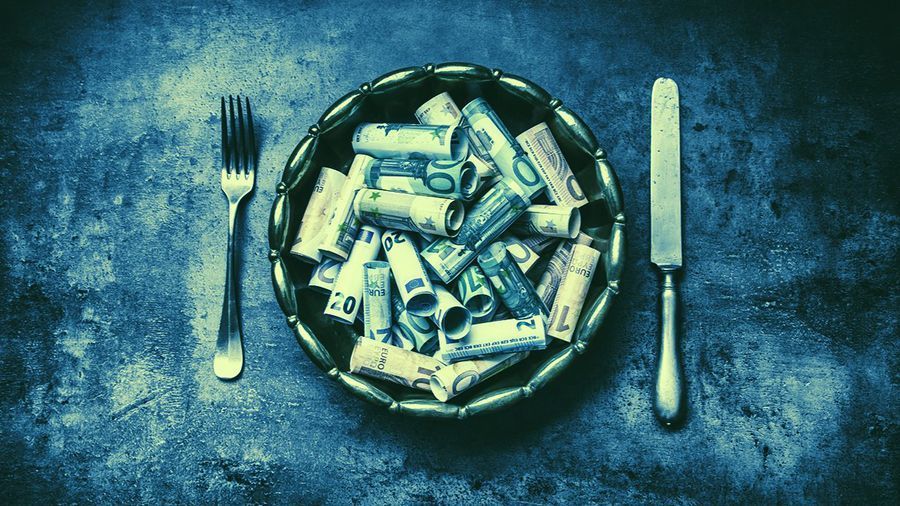David Robinson, regional adviser to the UN Office on Drugs and Crime, believes that blockchain will help governments in different countries fight corruption.
David Robinson stated that blockchain-based solutions will help fight not only corruption, but also other economic crimes. The blockchain will provide full traceability of transactions, prevent changes to already entered data and protect documents from forgery.
According to Robinson, due to corruption, society ceases to trust the state, and blockchain can become an important tool for increasing trust in the government. In particular, he mentioned Kenya – due to the lack of effective ways to combat bribery and the inability to track incidents of corruption, the country loses about $ 6 billion of its budget annually.
Many countries are already considering blockchain to transparently track transactions and reduce the likelihood of receiving bribes. Thus, according to a report from the Danish Ministry of Foreign Affairs, blockchain and big data technology can be used to securely exchange information, keep records of births and deaths, and keep track of car registrations.
The Peruvian government and the Inter-American Development Bank (IDB) are also ready to use blockchain to create a transparent contract procurement system that will be protected from data manipulation, unauthorized access and fraud.
This summer, the World Economic Forum (WEF), together with the government of Colombia, began testing a project based on Ethereum to increase the transparency of government processes and prevent corruption. In addition, the WEF concluded that blockchain can save billions of dollars by increasing the efficiency of supply chains.







